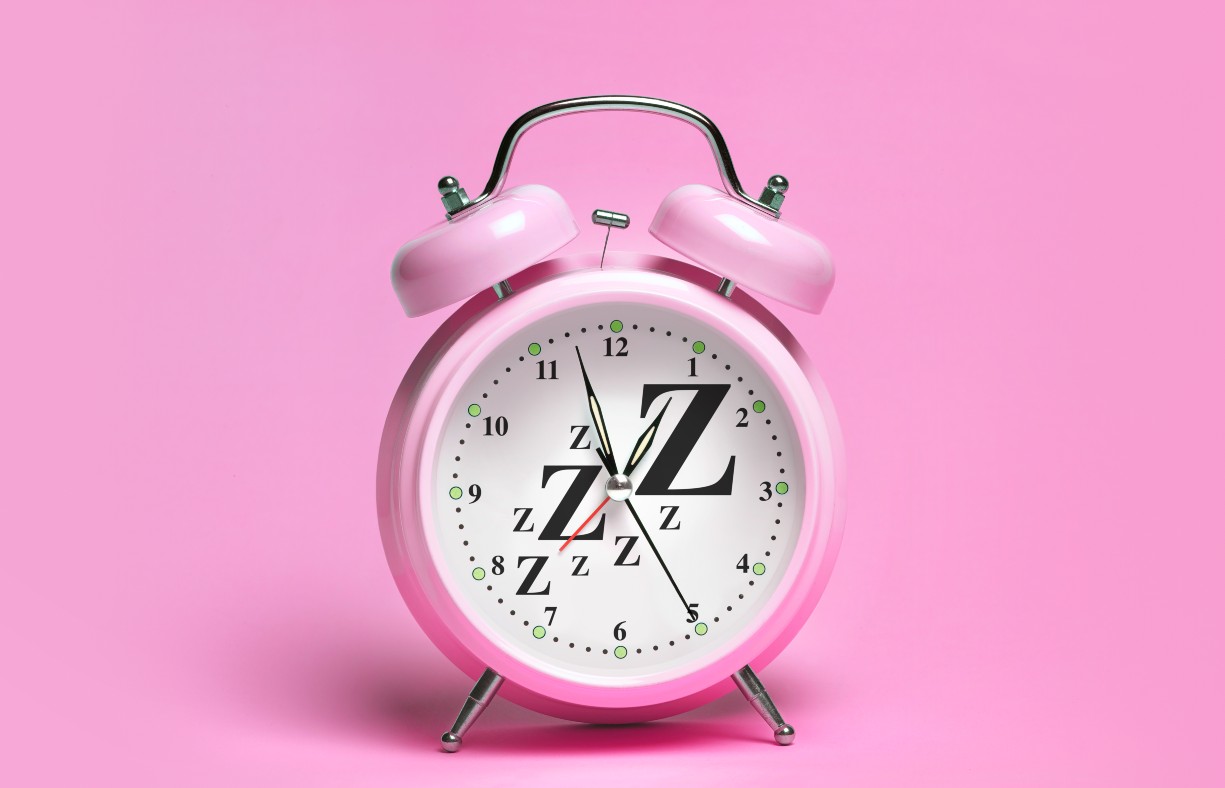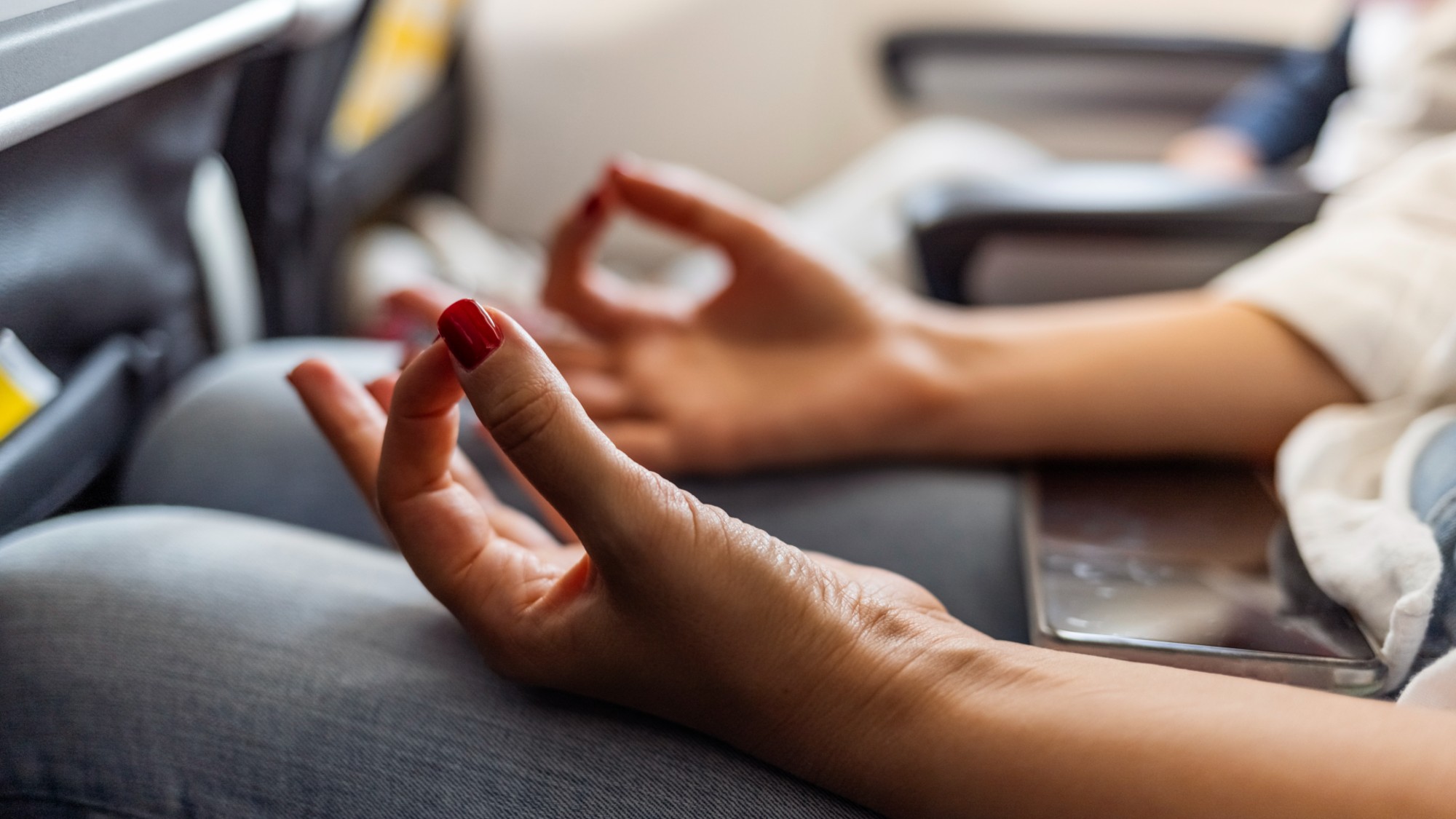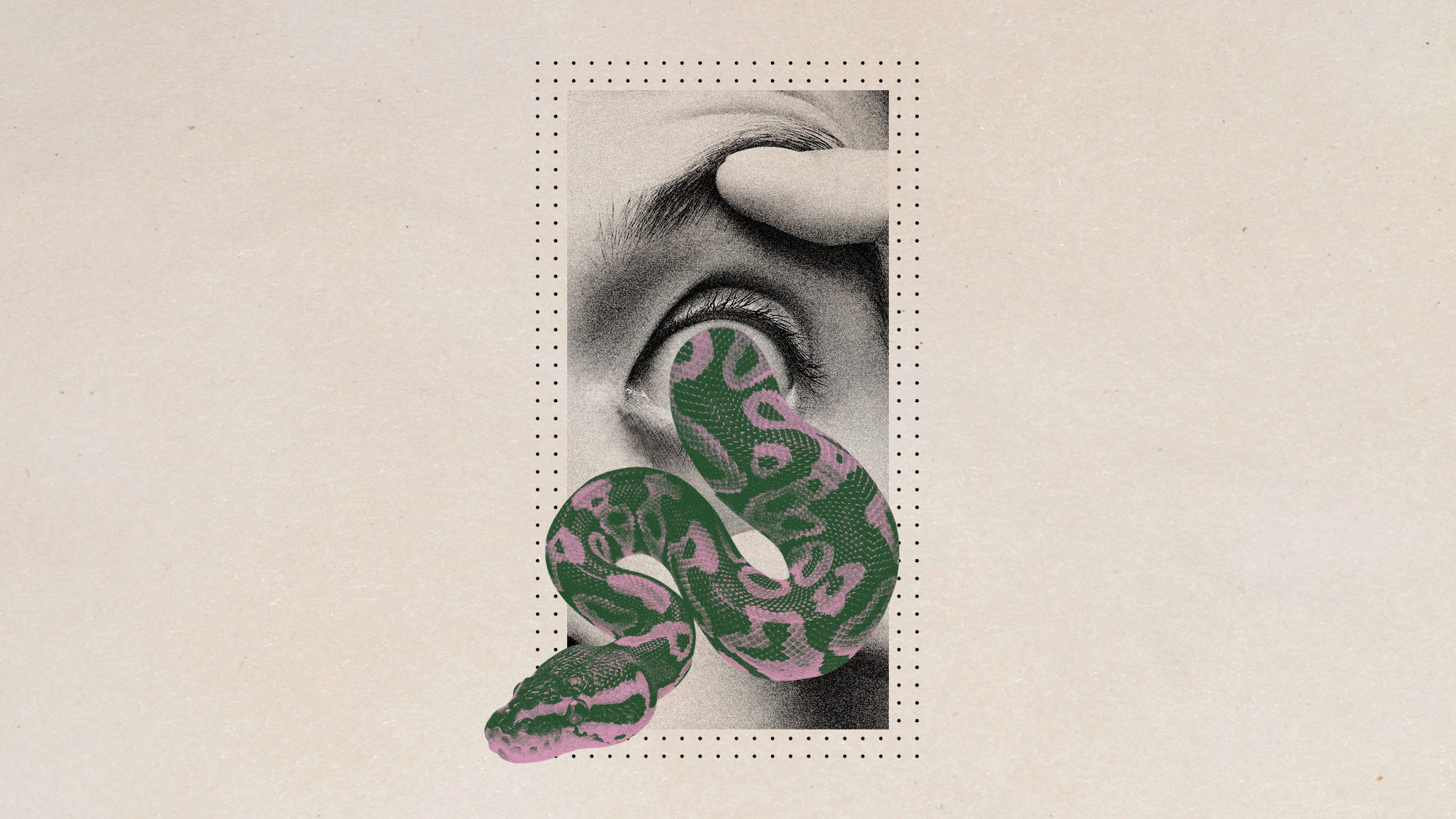5 tips for resetting your sleep schedule
You can do more than cut back on caffeine to get better sleep


A free daily email with the biggest news stories of the day – and the best features from TheWeek.com
You are now subscribed
Your newsletter sign-up was successful
Having trouble sleeping well can be overwhelming. While the CDC recommends at least seven hours of sleep for adults, sometimes external factors can get in the way. If you’re feeling sluggish during the day, it may be time to reset your sleep schedule. These are some helpful tips to get you back on track with healthy sleep patterns.
Adjust your wake-up time and be consistent
Change your sleep routine by "making consistency a priority,” the Sleep Foundation suggested. That means picking a wake-up time and bedtime and sticking to it, even on weekends. While the hours you choose are unique to your lifestyle, the ideal sleep schedule should allow for at least seven hours of sleep and fit into your routine consistently.
While it might be tempting to go to bed earlier, experts say it's better to start by changing your wake-up time first. Switching to an earlier bedtime can backfire and cause other issues, like insomnia, Dr. Jennifer L. Martin, a professor of medicine at the University of California, Los Angeles, told The Wall Street Journal. “We don’t want people getting into bed if they’re not sleepy,” she said.
The Week
Escape your echo chamber. Get the facts behind the news, plus analysis from multiple perspectives.

Sign up for The Week's Free Newsletters
From our morning news briefing to a weekly Good News Newsletter, get the best of The Week delivered directly to your inbox.
From our morning news briefing to a weekly Good News Newsletter, get the best of The Week delivered directly to your inbox.
It’s best to gradually adopt an earlier wake-up time by making adjustments of 15- or 30-minute intervals over a few days, per the Sleep Foundation. Focus on your wake-up time first; your body will get used to getting tired earlier, lining up with your desired bedtime.
Create a welcoming sleep environment
Experts also recommend cultivating an inviting environment conducive to a good night's sleep. “A dark and quiet bedroom is best for promoting restful sleep,” per the Sleep Foundation, and making your bedroom a "haven for rest with a comfortable mattress, pillow and bedding.” The ideal room temperature is around 65 degrees Fahrenheit, which can vary per person, reported the Sleep Foundation. Temperature is one factor that affects the circadian rhythm, which is the body’s internal clock based on the light-and-dark cycle of the sun.
Cleaning up the physical clutter in your room can also be helpful, Dr. Emerson M. Wickwire, a professor and section head of sleep medicine at the University of Maryland School of Medicine in Baltimore, told the Journal. “Physical clutter equates to mental clutter,” he said, noting that research suggests our physical environments can impact physiology, like blood pressure.
Keep a to-do list to help alleviate stress
Having to deal with anxious thoughts or stressing about what you must do the next day in bed at night can sabotage sleep. “Jot down what's on your mind and then set it aside for tomorrow,” the Mayo Clinic suggested. Start by organizing and prioritizing your tasks at least an hour before bed. Getting the thoughts “out of your mind and onto a piece of paper is helpful for disconnecting,” Dr. Martin told the Journal.
A free daily email with the biggest news stories of the day – and the best features from TheWeek.com
Be mindful of your exposure to lights.
While natural light “can promote better synchronization of your internal clock,” the Sleep Foundation noted, “keeping your lights on long into the evening can prevent your body from properly transitioning toward sleep.” Smartphones and televisions can overstimulate your mind, and they “emit blue light that can affect circadian timing,” the foundation added.
Light affects the production of melatonin and cortisol, hormones that regulate wakefulness and sleepiness. Morning sunlight is full of light frequencies that “impact your level of alertness during the day and set you up for quality sleep the next night,” Dr. Fariha Abbasi-Feinberg, medical director of sleep medicine at Millennium Physician Group, told the Journal.
Incorporate physical activities.
Adding regular physical activity to your routine can also encourage better sleep. “However, avoid being active too close to bedtime,” the Mayo Clinic suggested. “Spending time outside every day might be helpful, too,” the clinic added. In terms of how much exercise is best, Charlene Gamaldo, M.D., medical director of Johns Hopkins Center for Sleep at Howard County General Hospital, said people who do at least 30 minutes of moderate aerobic exercise could see an improvement in sleep quality that night. “It’s generally not going to take months or years to see a benefit,” Gamaldo said. “And patients don’t need to feel like they have to train for the Boston Marathon to become a better sleeper.”
Theara Coleman has worked as a staff writer at The Week since September 2022. She frequently writes about technology, education, literature and general news. She was previously a contributing writer and assistant editor at Honeysuckle Magazine, where she covered racial politics and cannabis industry news.
-
 6 of the world’s most accessible destinations
6 of the world’s most accessible destinationsThe Week Recommends Experience all of Berlin, Singapore and Sydney
-
 How the FCC’s ‘equal time’ rule works
How the FCC’s ‘equal time’ rule worksIn the Spotlight The law is at the heart of the Colbert-CBS conflict
-
 What is the endgame in the DHS shutdown?
What is the endgame in the DHS shutdown?Today’s Big Question Democrats want to rein in ICE’s immigration crackdown
-
 ‘Zero trimester’ influencers believe a healthy pregnancy is a choice
‘Zero trimester’ influencers believe a healthy pregnancy is a choiceThe Explainer Is prepping during the preconception period the answer for hopeful couples?
-
 ‘Longevity fixation syndrome’: the allure of eternal youth
‘Longevity fixation syndrome’: the allure of eternal youthIn The Spotlight Obsession with beating biological clock identified as damaging new addiction
-
 Why social media is obsessed with cortisol
Why social media is obsessed with cortisolIn The Spotlight Wellness trend is the latest response to an increasingly maligned hormone
-
 The truth about sunscreen
The truth about sunscreenThe Explainer The science behind influencer claims that sun cream is toxic
-
 Is that the buzzing sound of climate change worsening sleep apnea?
Is that the buzzing sound of climate change worsening sleep apnea?Under the radar Catching diseases, not those ever-essential Zzs
-
 A happy gut is a healthy gut. These 5 tips aim to help you achieve that goal.
A happy gut is a healthy gut. These 5 tips aim to help you achieve that goal.The Week Recommends A healthy gut is all the rage in wellness circles
-
 Fly like a breeze with these 5 tips to help cope with air travel anxiety
Fly like a breeze with these 5 tips to help cope with air travel anxietyThe Week Recommends You can soothe your nervousness about flying before boarding the plane
-
 Poor sleep may make you more prone to believing conspiracy theories
Poor sleep may make you more prone to believing conspiracy theoriesUnder the radar Catch z's for society
